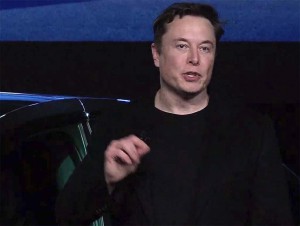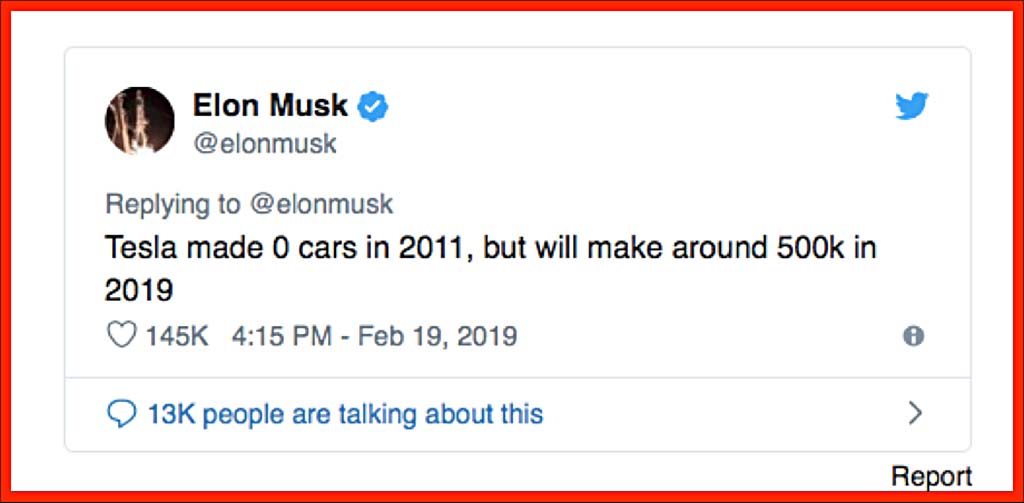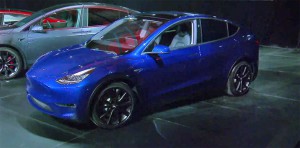The U.S. Securities and Exchange Commission reached a settlement with Elon Musk on Tuesday that ends a court battle that could have seen the South African-born executive forced out as the CEO of Tesla.
The agreement more clearly lays out the sort of things that the social media-savvy Musk cannot post on Twitter, blogs or other outlets without first having his comments reviewed by Tesla’s legal counsel. That includes topics that could have a direct impact on the automaker’s stock price. Musk initially agreed to having Tesla review some of his comments last year as part of a settlement of another dispute with the SEC.
But not everyone is pleased by the agreement. At least one SEC Commissioner, former Columbia University law professor Robert Jackson, is speaking out about what he is describing as “this bizarre series of events” that led to the latest court case between the agency and the Tesla chief executive. In a statement released after the court case was concluded, Jackson said, “I cannot support (this) settlement.” The 47-year-old Musk has long been a fan of social media, garnering millions of followers. Auto industry analysts credit his frequent use of Twitter and his own blog for transforming Tesla from just another struggling start-up into a serious challenger to the automotive establishment. But Musk’s frequent use of social media has also created a number of headaches.
(Hammered by Q1 losses, Tesla may be ready to seek more capital. Click Here for the latest.)
The latest legal battle dates back to last August 7thwhen Musk tweeted out a plan to take Tesla private at $420 a share, adding that he had “funding secured.” That led to a surge in the automaker’s stock price, followed by a slump when questions began being raised about the CEO’s assertion that the deal was being backed by the Saudi Arabian sovereign investment fund.
Making matters worse was the subsequent indication that the “420” figure was an inside joke, a reference to the slang term for marijuana. The SEC quickly stepped in and fined both Tesla and Musk, ordering him to relinquish his role as the company’s chairman. The deal also required the chief executive to have any tweets involving “material” comments, those that could impact Tesla’s share price, first cleared by the carmaker’s legal counsel.
But Musk immediately turned around and attacked the SEC, among other things dubbing it the “Short-sellers Enrichment Commission,” suggesting it was acting on behalf of investors betting on Tesla’s fall. Musk not only continued to thumb his nose at the agency but took a variety of steps that raised questions about his behavior – among other things smoking marijuana on a podcast with extreme comedian Joe Rogan.
But what sent the dispute with the SEC back to court was another tweet in February in which Musk laid out estimated production plans for Tesla, the sort of information that the feds argued should be contained in official government filings. The case raised the possibility that Musk might not only face significant new fines but even be forced out as Tesla’s chief executive.
(For more on Tesla’s worse-than-expected Q1 loss, Click Here.)
The CEO showed no remorse and, at least publicly, little concern about running head-on into the SEC, repeatedly criticizing the agency as the dispute wound up in federal court in New York. U.S. District Judge Alison Nathan in Manhattan made it clear she wanted the two sides to come to an agreement, rather than take up more of the court’s time. After several delays, they came to terms and won Judge Nathan’s approval yesterday.
The latest agreement essentially spells out in detail what Musk must first clear with Tesla’s legal department: things such as financial statements, unreported production or delivery numbers, and other material matters.
But in a clear dissent, SEC Commissioner Jackson has made it clear that he sees the agreement as much too lenient. “Musk breached the agreement he made last year with the Commission — and with American investors,” Jackson wrote in a statement. A specialist at Columbia in the improper leaking of corporate information, the former professor wrote that, “Given Mr. Musk’s conduct, I cannot support a settlement in which he does not admit what is crystal clear to anyone who has followed this bizarre series of events.”
At this point, Jackson is on the losing end of the argument. But the real question might be whether the Tesla CEO has finally seen the limits of what he can get away with and will now rein in his itchy Twitter finger. If not, he could find himself facing the wrath of not only the SEC but of the federal judge who approved this latest settlement.
(As Tesla, others, prepare to launch 1st hands-free vehicles, US motorists appear to be warming to the idea. Click Here for more.)



